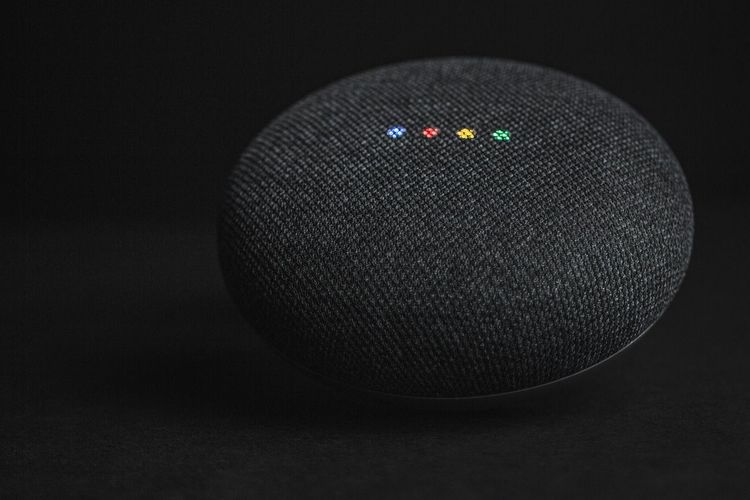Apple has officially joined the White House's voluntary initiative focused on the development of safe, secure, and trustworthy artificial intelligence (AI), as announced in a press release on Friday. The tech giant is poised to introduce its generative AI solution, Apple Intelligence, into its core products, bringing advanced AI capabilities to its vast user base of 2 billion.
Joining a coalition of 15 other tech leaders—including Amazon, Anthropic, Google, Inflection, Meta, Microsoft, and OpenAI—Apple committed to the White House's generative AI guidelines established in July 2023. Initially, Apple had been subtle about its AI integration in iOS; however, its ambitions became clearer during the World Wide Developers Conference (WWDC) in June, where the company revealed its robust plans to embed ChatGPT into the iPhone.
As a frequent target of federal scrutiny, Apple aims to proactively demonstrate its alignment with the White House's AI regulations, possibly as a strategic move to mitigate future regulatory obstacles.
But how binding are Apple's voluntary commitments to the White House? While not enforceable, they represent an important initial step. The White House regards this as the “first step” towards establishing safe, secure, and trustworthy AI development, followed by President Biden's AI executive order in October. Additionally, several legislative measures are underway at both federal and state levels to bolster AI regulation.
Under this commitment, AI companies agree to conduct "red-teaming" (simulated cyber attacks to test security measures) on AI models prior to their public release and to share these findings transparently. The initiative also urges companies to handle unreleased model weights with confidentiality. Apple and its peers are expected to work on AI model weights within secure environments, restricting access to essential personnel only. Furthermore, these companies will implement content labeling systems, such as watermarking, to help users easily identify AI-generated content.
In a related development, the Department of Commerce is set to release a report exploring the potential benefits, risks, and implications of open-source foundation models—an increasingly contentious area in regulatory discussions. While some advocate for restricting public access to powerful model weights for safety reasons, such limitations could hinder innovation in the AI startup and research sectors. The White House’s positions on these matters could significantly affect the broader AI landscape.
Additionally, the White House highlighted the substantial progress made by federal agencies in response to the October executive order. To date, over 200 AI-related hires have been made, more than 80 research teams have gained access to essential computational resources, and several frameworks for AI development have been introduced, demonstrating the government’s commitment to structured progress in the field.







